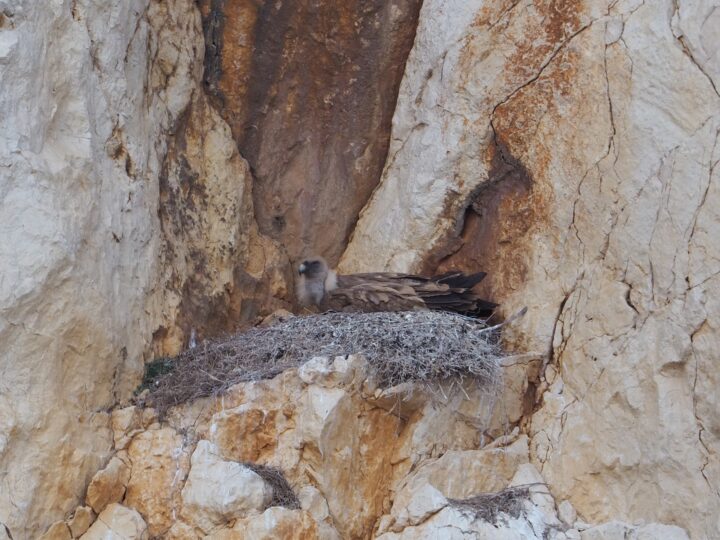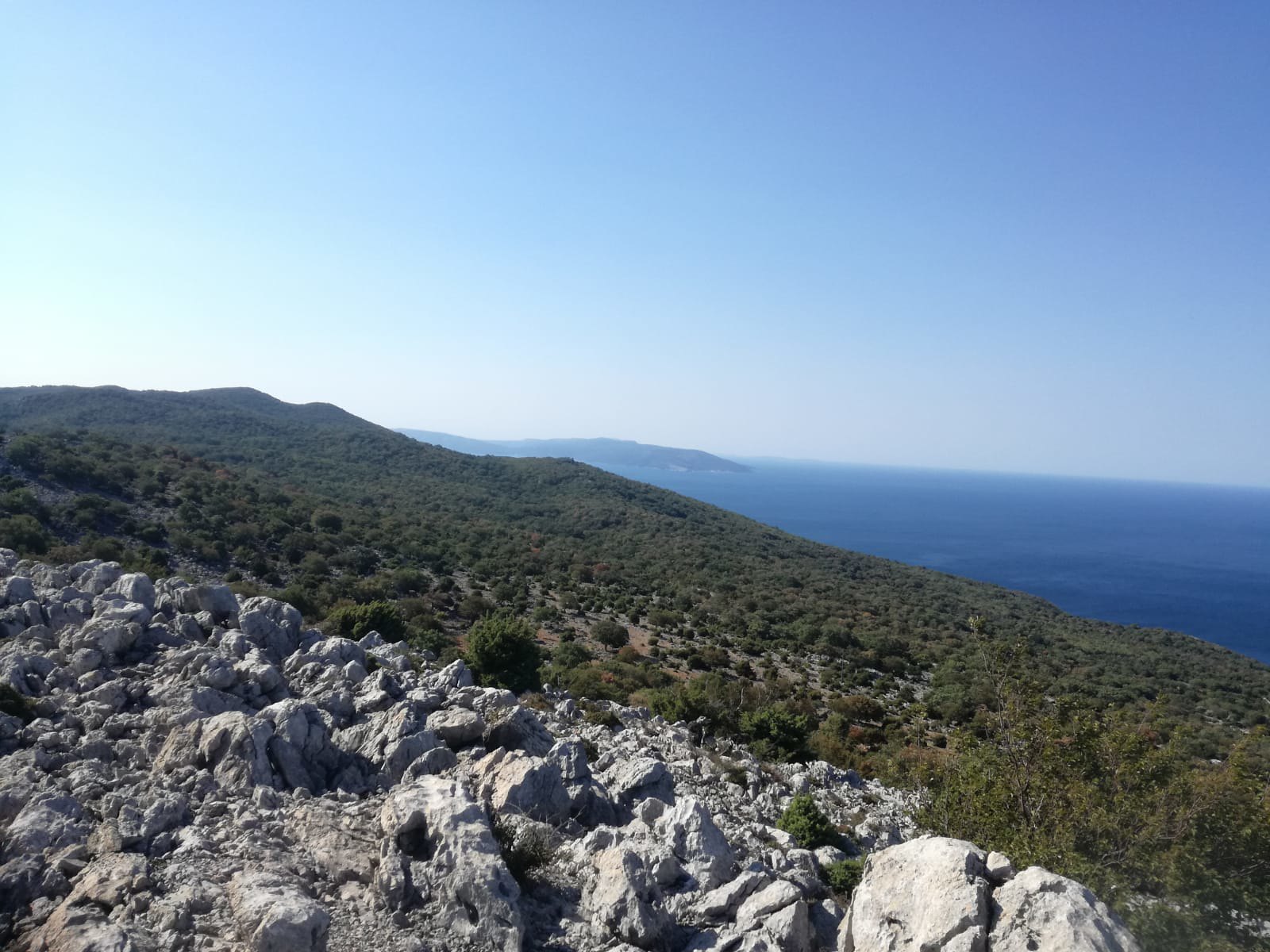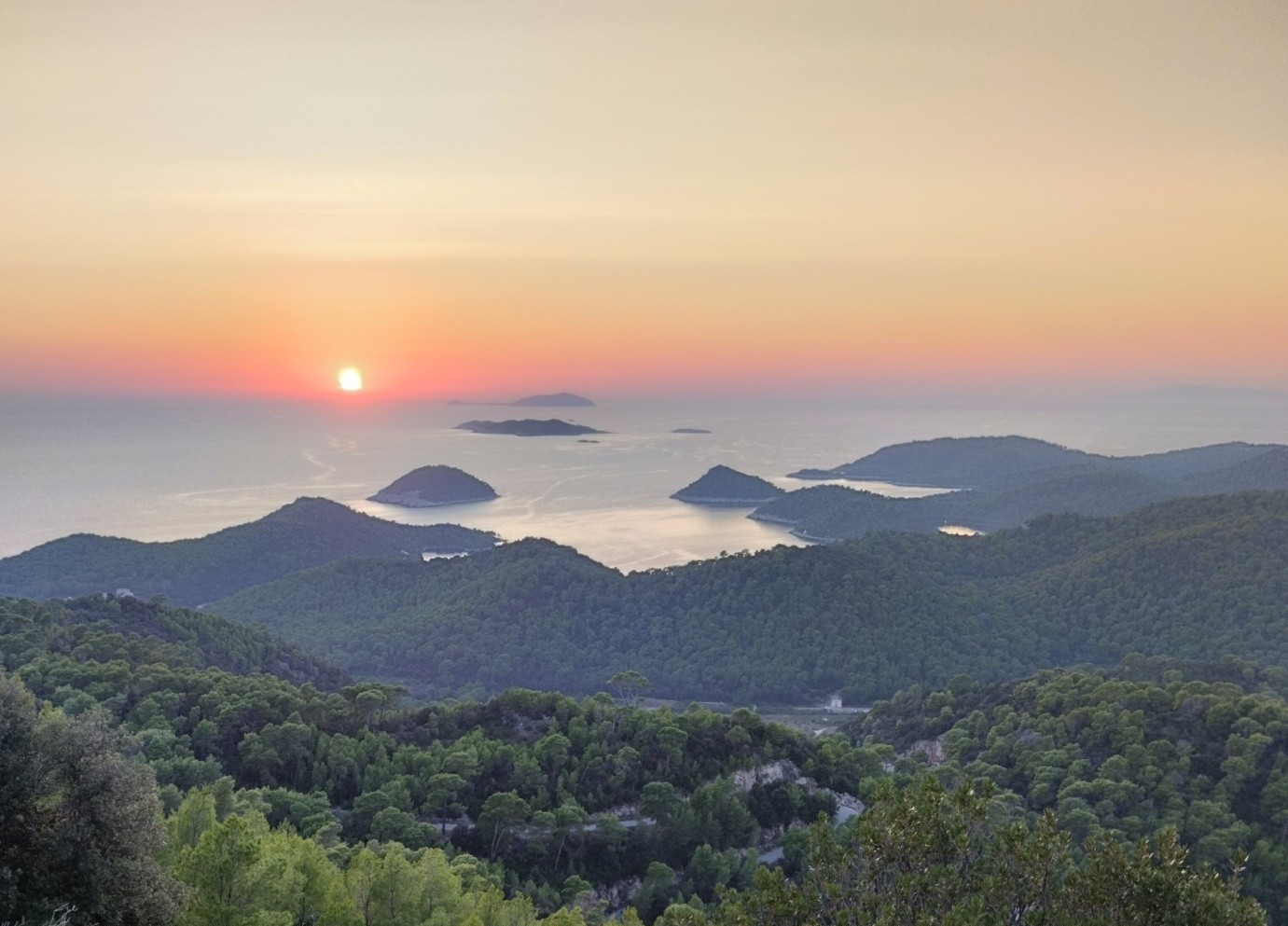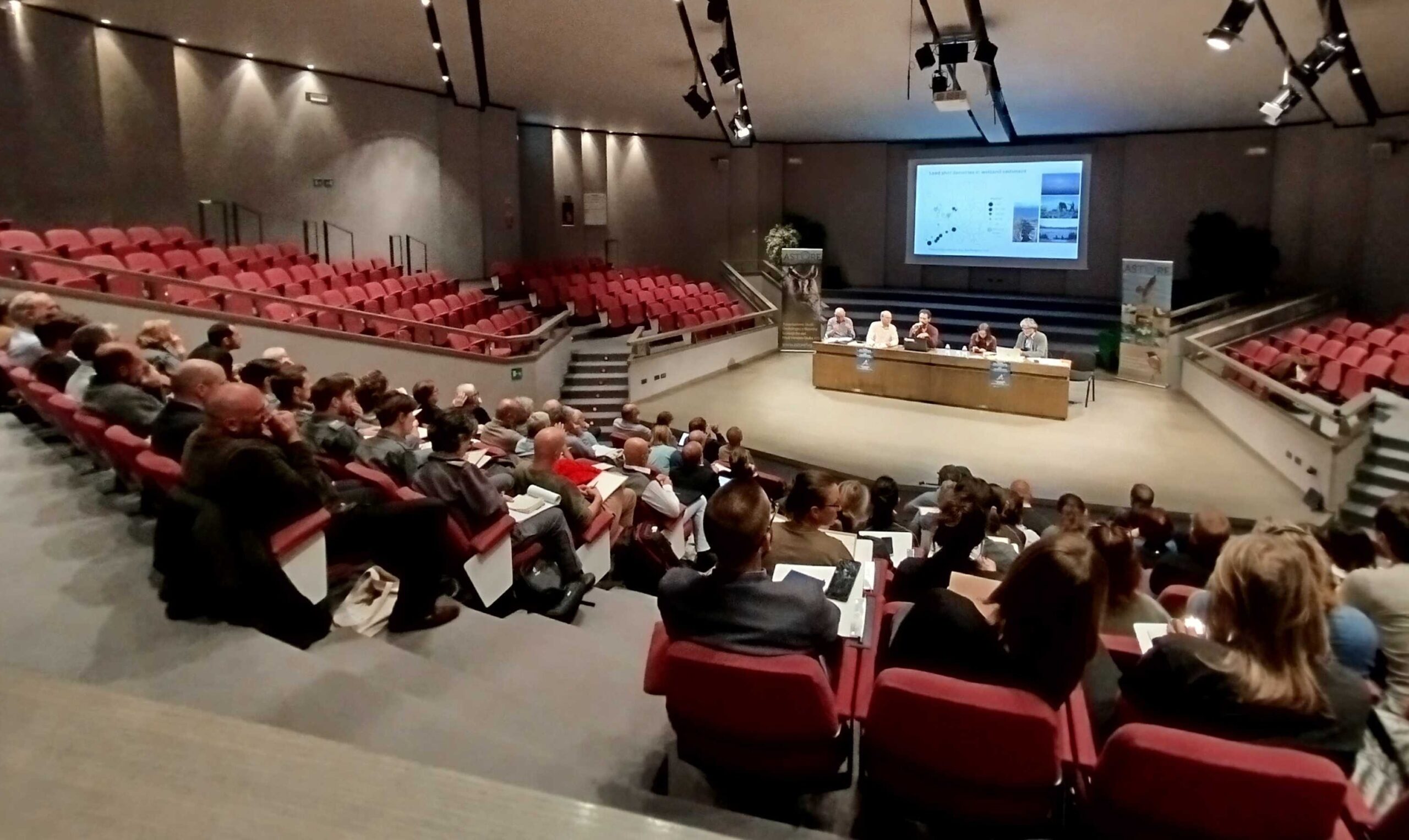Information and instructions for boaters and visitors
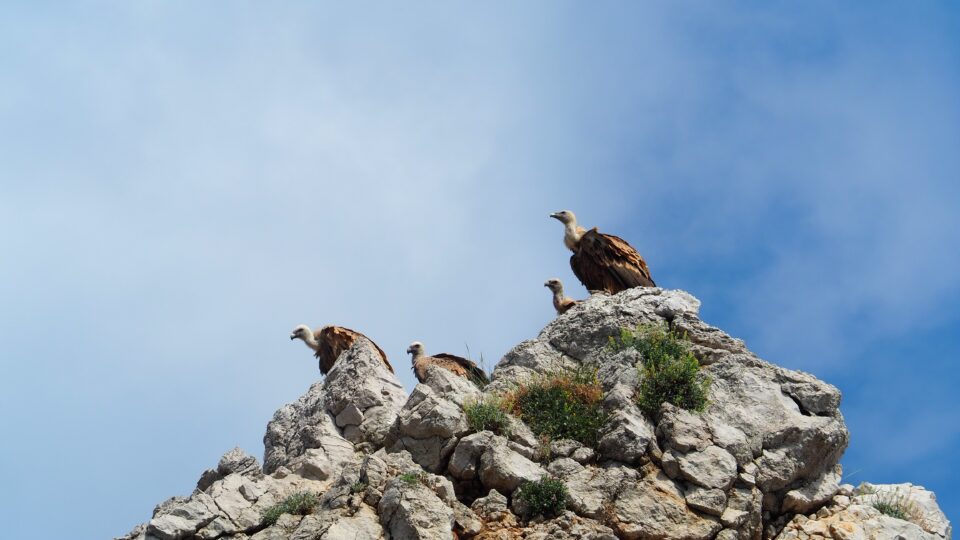
The griffon vulture is a bird of prey from the vulture family, with a wingspan of over 2.5 meters. It is endangered in Croatia, and only finds home on islands of Cres, Krk, Prvić,
and Plavnik, as well as on the nearby mountain of Učka. The peculiarity of the Croatian vulture population is that they nest on the island cliffs only ten meters above sea level!
YOUNG VULTURES TAKE THEIR FIRST FLIGHTS IN SUMMER MONTHS!
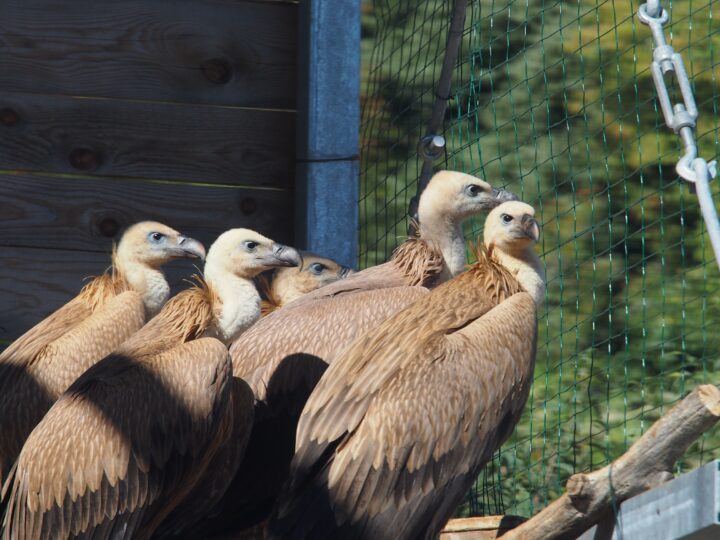
Young and unexperienced birds often end up falling into the sea due to their lack of skill or being disturbed. Without timely rescue, they unfortunately die from drowning.
Until they are ready to be released back into nature, they are cared for at the Rescue Centre in Beli on the island of Cres, which is managed by the Priroda Public Institution..
What should you do if you spot a griffon vulture in the sea, or you find one injured or dead?
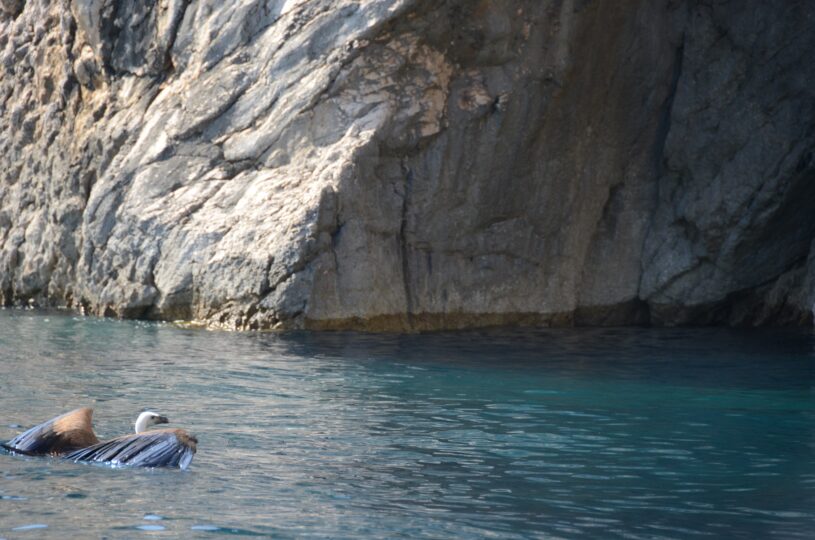
Call 112 right away, and you will be directed to the Rescue Centre for Griffon Vultures! The employees of the Rescue Centre will give you instructions on how to proceed, even if it’s necessary to take the vulture out of the sea. In that case you need to be extremely careful! The bird is usually exhausted and therefore not aggressive, but it is recommended to use gloves nonetheless. Pay attention to the bird’s mighty beak which can injure you; its claws, on the other hand, are harmless. It is advisable to cover the bird with a towel to reduce its fear and place it in a dry place (in a boat). The same procedure applies if you find an injured griffon vulture. If the bird is dead, do not touch it.
Instead, it is important to report the death by sending details such as the location and a photo to belivisitorcentre@gmail.com, especially if the bird is marked with a ring on its leg (make sure to read the ring mark).
SUPport vultures, SUPport nature!
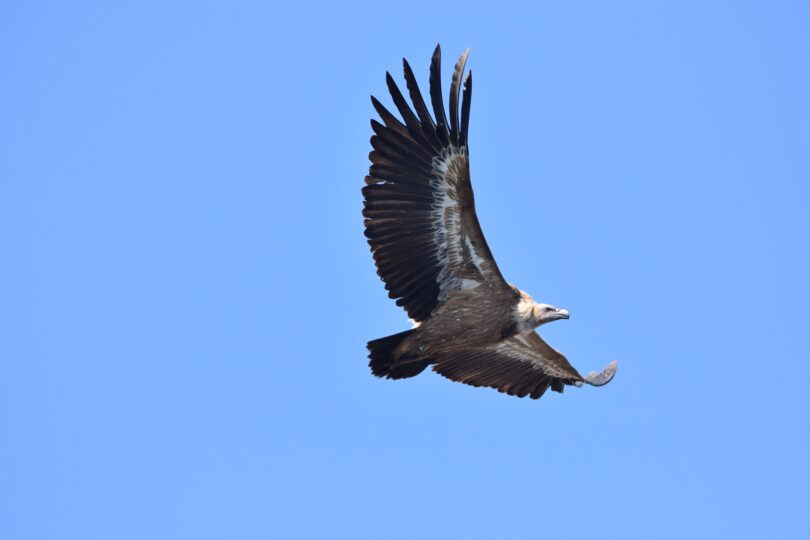
Protection of Griffon Vulture depends on your responsible conduct too:
- observe the birds from a distance,
be responsible and respect their peace - do not make deliberate noise (clapping,
shouting, whistling, playing loud music, using
sound systems, etc.) - do not use drones or similar types of
unmanned aerial vehicles - do not climb on the cliffs and do not throw any
objects towards the cliffs - when sailing, maintain an appropriate speed
(5 knots) and ensure a safe distance between
your vessel and the cliffs (80 meters) - avoid longer stays beneath the cliffs
- comply instructions given by staff managing
the protected area.
Why are vultures important to us?
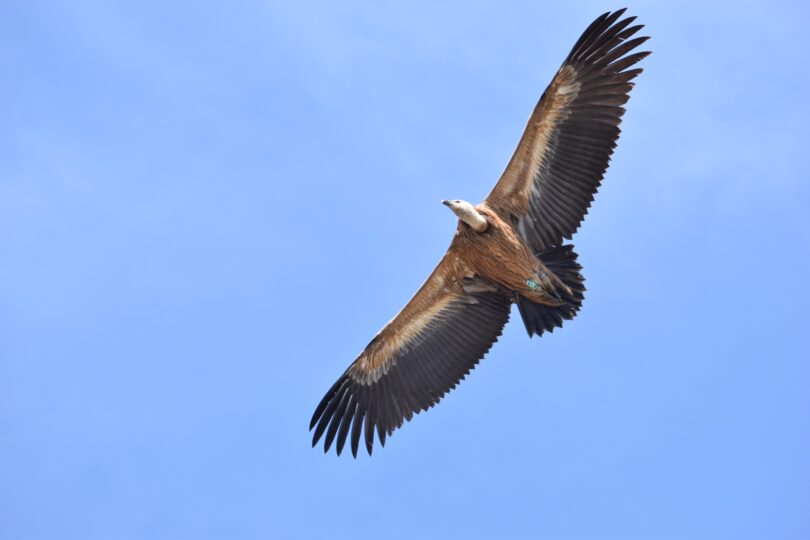
Vultures do not hunt prey, instead, they feed exclusively on carrion, primarily from dead animals such as sheep. By doing so, they clean pastures, in an efficient and cost-effective way, and reduce the risk of infections!
Protection and care
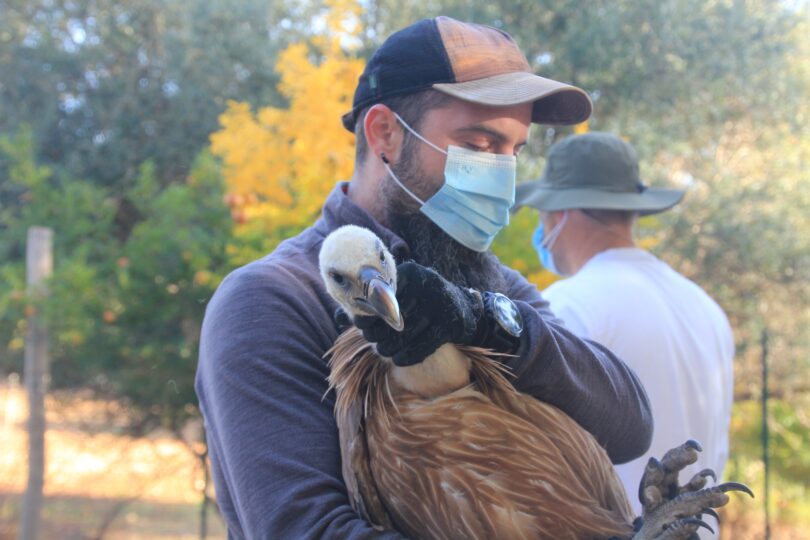
The griffon vulture nesting sites in the Kvarner region are either included in the European ecological network ‘Natura 2000’, or they are located in nature reserves.
Important! Svi oblici namjernog hvatanja, uznemiravanja, oštećivanja ili uništavanja staništa bjeloglavih supova – osobito u vrijeme gniježđenja i podizanja mladih – strogo su zabranjeni zakonom.
